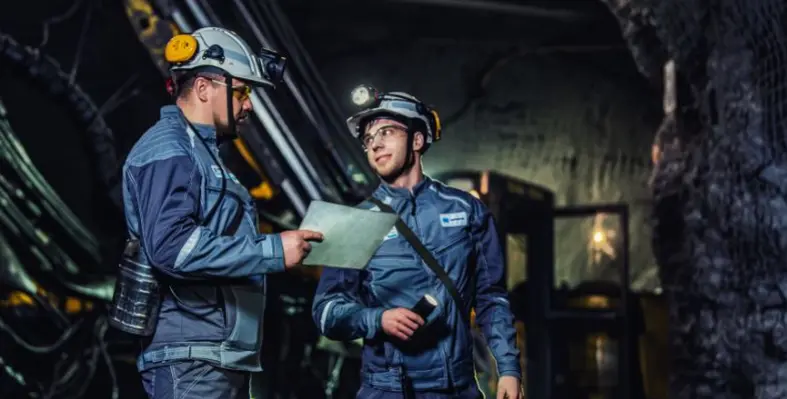In the dynamic landscape of carbon capture, use, and storage (CCUS), the Middle East is emerging as a significant player, boasting approximately 10% of the world's CCUS capacities
This strategic positioning is propelling the region into a pivotal role in the global hydrogen economy, with countries such as the United Arab Emirates, Saudi Arabia, and Qatar spearheading the charge.
With substantial commercial CCUS storage facilities already in place, the Middle East is capitalising on its abundant resources and access to affordable natural gas to assert itself as a frontrunner in the hydrogen market.
Middle East leading the way
Countries across the region, including Egypt, Qatar, the United Arab Emirates, Saudi Arabia, and Turkey, are seizing the abundant opportunities presented by hydrogen energy production. By prioritising "green" hydrogen production methods, these nations are gearing towards establishing the Middle East as a prominent hub for clean fuel generation. This strategic move is poised to cater to various industries such as fertiliser production, steel manufacturing, and transportation.
Anna Karzhavina, the new business development officer of Nornickel, the world's largest producer of palladium and a leader in the metals and mining industry, underscores the crucial role of palladium in advancing hydrogen production technologies. With palladium's unique properties impacting every stage of the production chain, Karzhavina highlights its ability to drive down costs and enhance efficiency across hydrogen production processes.
Karzhavina, set to attend the forthcoming H2Innovate Summit in Dubai, anticipates shedding further light on palladium's transformative potential in shaping the future of hydrogen production.
In the Middle East, the focus on "green" hydrogen is being complemented by the growing momentum behind "blue" hydrogen development. Seen as a promising alternative with its competitive market price retention, "blue" hydrogen is garnering attention in the region. Leading this charge is the UAE, actively pursuing the development of both "blue" and "green" hydrogen production capacities, with notable contributions from Egypt and Saudi Arabia.
The H2Innovate Summit, part of the Connecting Green Hydrogen MENA conference and exhibition, serves as a pivotal gathering for industry leaders and experts from across the Middle East, North Africa, Europe, Asia, and the Far East. At the summit, participants delve into advanced technologies and explore solutions concerning the production, storage, distribution, and application of low-carbon hydrogen.
Amidst discussions and presentations on strategic investments and technological advancements, the H2Innovate Summit highlights the Middle East's role in shaping the future of the global hydrogen economy, emphasising practical solutions over mere rhetoric.
"In the main technology for producing green hydrogen – proton exchange membrane electrolysis – palladium is able to replace the more expensive iridium as a catalyst on the electrolyzer electrode and even obtain higher catalytic activity. Palladium also has the unique property of decomposing hydrogen molecules into atoms, which penetrate through the metal and then, with the help of the palladium, combine again into a molecule of permeability for only one element - hydrogen. Palladium is impervious to other gases. Due to this, palladium membranes can be used to produce ultrapure hydrogen using blue technologies such as steam methane reforming and autothermal reforming with CCUS and we believe that rising hydrogen purity will be the next industry challenge after cost reduction,” said Karzhavina.
“In addition, studies have shown that palladium can absorb hydrogen up to 90 times its weight. The diffusion of hydrogen in palladium provides an easy return of gas at a relatively low temperature, in addition, palladium can provide reliable and safe hydrogen storage," she added.









